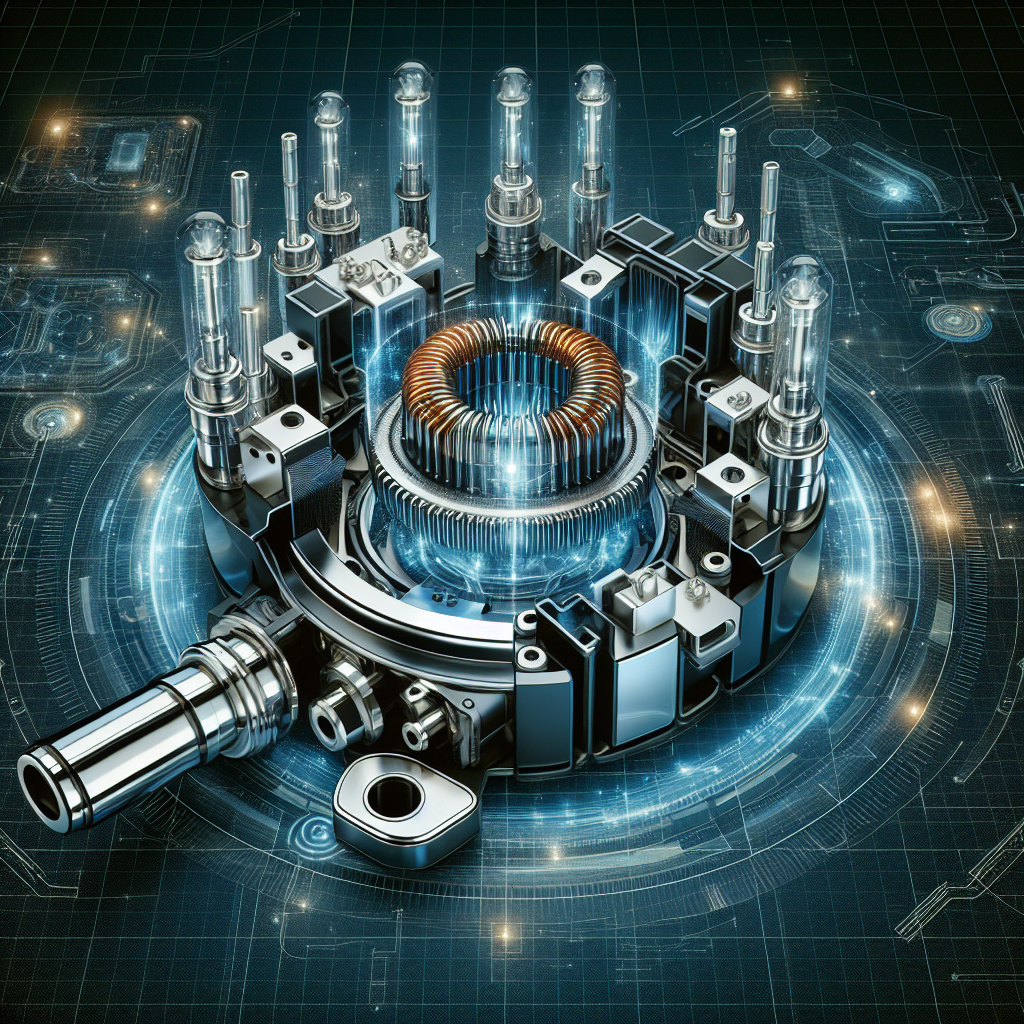In the world of automotive technology, ignition coils play a crucial role in ensuring that your vehicle starts reliably and runs smoothly. Traditionally, these coils have undergone few changes, as their primary function has remained consistent: converting the car’s low-voltage current to the high-voltage spark needed to ignite the fuel-air mixture in the engine. However, recent advancements have transformed ignition coil technology, pushing the boundaries of performance, efficiency, and durability. This article delves into the latest innovations in ignition coil technology and explores what’s new in this essential automotive component.
Enhanced Durability and Longevity
One of the significant advancements in ignition coil technology is the improvement in materials and manufacturing processes. Modern ignition coils are now built with high-quality materials such as advanced polymers and high-strength alloys that can withstand extreme temperatures and environmental conditions. This has led to a substantial increase in the durability and longevity of the coils. Previously, ignition coils needed frequent replacements due to wear and tear, but with these improvements, they now last significantly longer, providing better value for car owners.
Digital Control and Smart Coils
The advent of digital control systems in modern vehicles has paved the way for smart ignition coils. These advanced coils are integrated with electronic control units (ECUs) that can precisely manage the timing and intensity of the spark. This precision contributes to improved fuel efficiency, reduced emissions, and enhanced engine performance. For instance, some high-end ignition coils now feature adaptive spark technology, which adjusts the spark energy based on the engine’s operating conditions, ensuring optimal performance under various driving scenarios.
Compact and Lightweight Designs
Space and weight are always considerations in automotive engineering. Innovations in ignition coil design have led to more compact and lightweight units without compromising performance. Newer coils utilize advanced winding techniques and materials that reduce their size and weight. This is particularly beneficial for modern, high-performance vehicles where space under the hood is often at a premium.
Improved Electrical Efficiency
Electrical efficiency has also seen significant improvements due to advancements in coil design and materials. Modern ignition coils have lower primary resistance, which means they require less electrical energy to produce the same amount of spark energy. This efficiency translates to better overall vehicle performance and lower fuel consumption. Additionally, some advanced ignition coils now come equipped with features such as direct ignition systems (DIS), which further optimize the ignition process by eliminating the need for a distributor.
Enhanced Diagnostics and Monitoring
With the rise of sophisticated onboard diagnostics (OBD) systems, ignition coils now often include features for advanced diagnostics and monitoring. These coils can communicate with the vehicle’s computer system to report on their condition and performance in real-time. This allows for timely maintenance and quicker diagnosis of issues, reducing downtime and repair costs. For example, certain OBD-II compliant ignition coils can provide detailed fault codes that pinpoint specific issues, making troubleshooting more straightforward for mechanics and vehicle owners alike.
Integration with Renewable Energy Vehicles
Electric and hybrid vehicles are becoming increasingly common, and ignition coil technology has not been left behind in adapting to this trend. Innovations have led to the development of specialized coils compatible with the unique requirements of these vehicles. For instance, these coils are designed to work seamlessly with high-voltage battery systems and sophisticated powertrain control modules, ensuring efficient energy use and optimal performance.
Summary
The landscape of ignition coil technology has evolved dramatically in recent years. From enhanced durability and smart integrations to improved efficiency and diagnostic capabilities, the latest innovations are making vehicles more reliable, efficient, and environmentally friendly. For more detailed information on how modern ignition coils are manufactured, you can explore this comprehensive guide on ignition coil manufacturing to get a deeper insight into the technological advancements in this critical automotive component.
Embracing these new technologies ensures that your vehicle remains at the cutting edge of performance and reliability. Whether you’re looking to upgrade your current ignition system or curious about the latest trends, staying informed about these innovations can help you make more educated decisions for your automotive needs.

